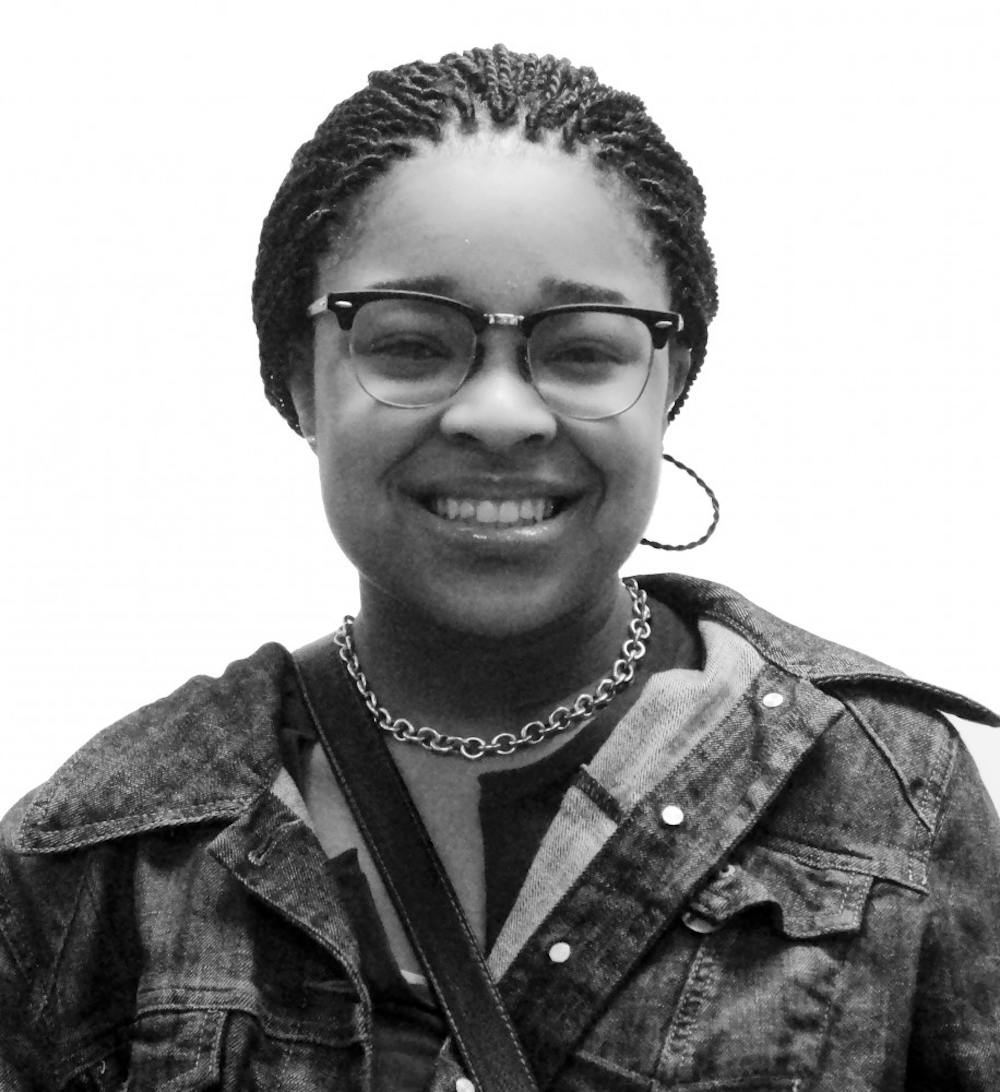It was early Friday morning when I randomly decided to take a shift at Frist Campus Center because one of my commitments had gotten pushed back a few hours.
The area was rather quiet, so I decided to get some work done and simultaneously talk to my co-worker, who also happens to be a good friend of mine. Like clockwork, a few visitors started to approach the desk, and our conversations began to diverge.
My conversation with a student ended early, and I looked over to my co-worker’s side to see a man dressed in dark clothing talking about the etymology of the word “person.” At first, I suspected that he was just an older visitor on campus who enjoyed talking to students before going on a self-guided, leisurely tour around campus. He was fascinated by the idea of gender-neutral bathrooms, and we were equally fascinated by his brilliance.
There was something spellbinding about this man. Maybe, I thought, it was the way in which his words flowed together so beautifully. He connected the ancient to the present as he explained to us how a person is actually a mask.
Eventually, this person wished us a good day and left, but his impact was undeniable. No sooner did he disappear behind one of the corners when I realized he was a professor on campus and a world-renowned scholar. He had a Wikipedia page and an incredible resume to show his prowess. I guess I expected him to come with more pomp and circumstance or an exaggerated stride, his mannerisms alone announcing that he was someone important. But he didn’t. All he had to do was open his mouth.
At Princeton, famous scholars and legends are our thesis and JP advisers and professors. We can schedule appointments to meet with them during their one-and-a-half-hour time slots on Mondays and Wednesdays or speak with them after class. The accessibility of these luminaries is really astounding, if you think about it. You read books edited and written by those who grade your papers or ask you to clarify an argument in precept.
Most times, I admit, I toggle back and forth between being starstruck and simply looking at these individuals as people who have achieved great things. On one hand, there is the acknowledgment that this is a type of person whom you may not see often. Professors who speak seven languages and go to London and Prague for academic conferences are riding their bikes and grabbing pizzas from Frist just like the rest of us. We hold so much reverence for these people that it can be mind-blowing to be in their vicinity.
We are so focused on getting good grades that nothing else matters, including being in the presence of greatness. But I wonder if this focus represents our casual attitudes toward these once-in-a-lifetime opportunities for connections or if it exists because we actually look at these people as "our own" within this Ivy campus.

After all, this is why we chose Princeton —to be taught by the best.
The idea of a person as a mask is becoming clearer to me as I ponder how it relates to both the acknowledgment and nonchalance toward the academic elite. They are people just like us; although we might expect them to be packaged in a certain way, the fact still remains that it is still only an expected outer persona. These professors project themselves to us in the ways they deem fit.
Perhaps the amazement comes from the fact that the way in which we see them in academic journals and on the cover of books does not align with the way we see them when they casually walk into class on a Thursday afternoon. It can be difficult to combine our sheer reverence and the idea to “keep it cool” in front of them.
But perhaps it starts with just listening to them. Don’t focus too much on the outer people, but rather, hear the passion and mastery of a given subject in their voices. After all, their personalities speak to their characters more than anything else.

Morgan Jerkins is a comparative literature major from Williamstown, N.J. She can be reached atmjerkins@princeton.edu.








